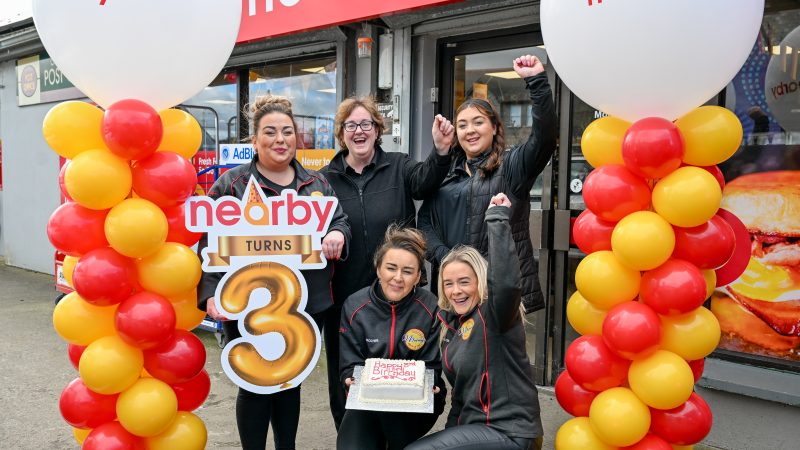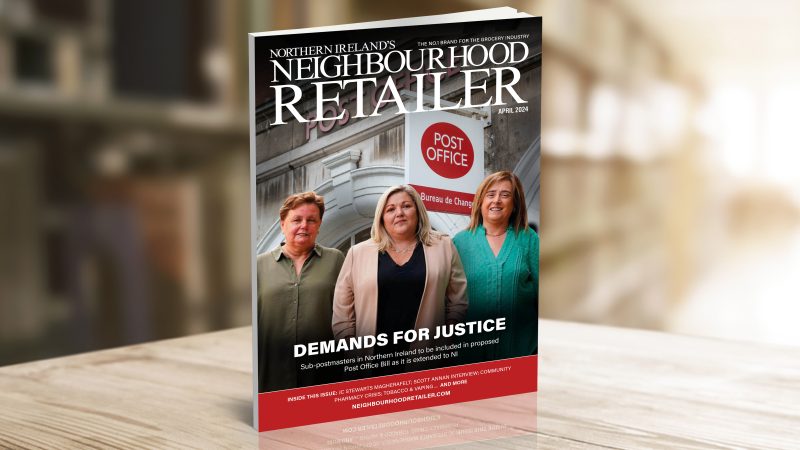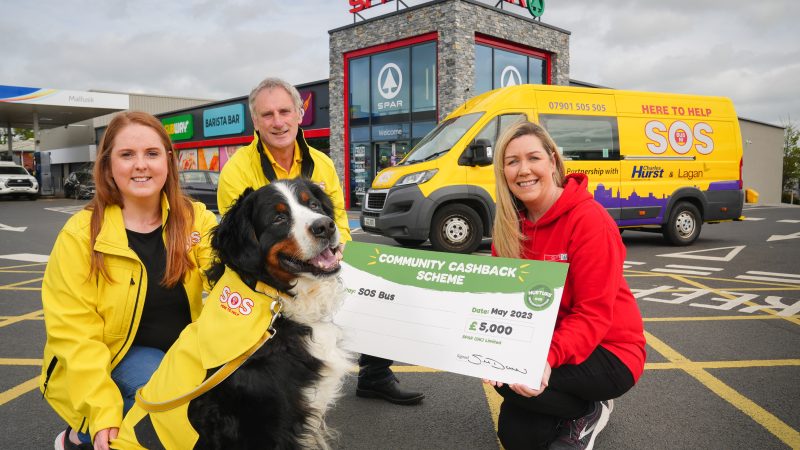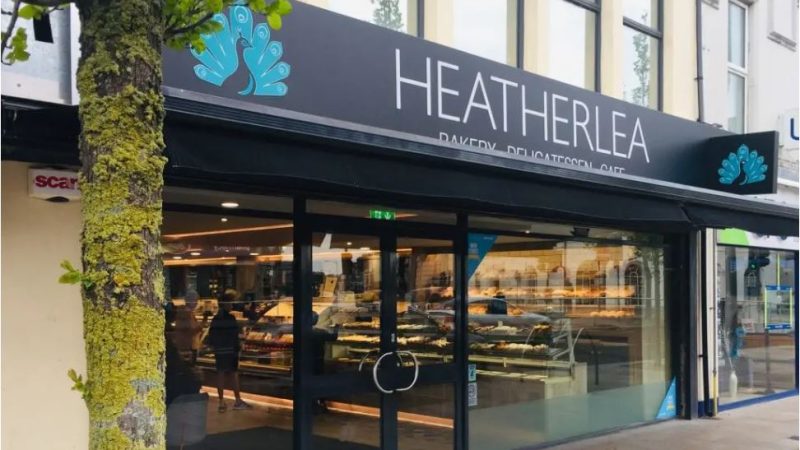Several independent charities, which are grouped together under the Xcess network, say they struggle to source unwanted edible food from manufacturers and processors because of supermarkets’ rules about the handling of their own-label products.
At least 200,000 tonnes of own-label food fit for human consumption ends up as animal food or is used to generate energy, according to research by the sustainability group Anthesis, because of difficulties in getting it to the right place
Mark Game, the chief executive of the charity The Bread and Butter Thing, a food club that hands out heavily discounted food parcels to 25,000 registered members, said: “Retailers hold the cards – unless they say yes to manufacturers, they just can’t give [the food] out.
“Demand constantly outstrips supply and we are having to let people down, and if we had this food we could do more.”
David France, the manager of the Lancaster-based community food club Eggcup, said it was impossible to get hold of the food without the retailers’ permission.
“As a fairly new organisation with a tremendous level of growth, we have not been able to establish relationships with larger organisations,” he said. “It is ridiculous how much food is being thrown away because retailers have contracts with larger [charities], which aren’t always able to use that surplus.”
About half the food bought every year comes from supermarkets’ own brands, and it is estimated that they make up more than 72% of edible surplus food in supermarkets’ supply chains, according to the Anthesis research.
However, with suppliers often packing own-label products for multiple retailers, it is not clear who has ownership of the waste, and it is difficult to get permission from each supermarket involved to hand on unwanted items.
Wrap, the government-backed recycling body, highlighted the issue last summer and issued new guidance calling on retailers to rethink rules that largely limit the redistribution of their unwanted own-label foods to two large charities, FareShare and Company Shop.
It called on retailers to share information so that their suppliers are automatically mandated to directly hand surplus food to a list of smaller charities, including The Bread and Butter Thing, which have already passed tests showing they meet established standards on food safety and redistribution.
Since then, only Sainsbury’s has changed its setup to enable all its own-label suppliers to pass on goods directly without signing numerous local agreements.








